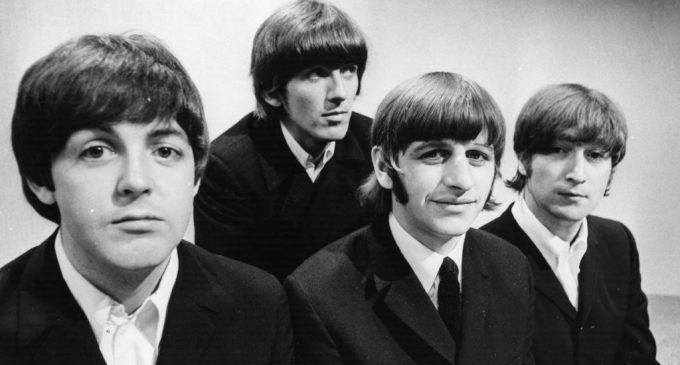John Lennon: The Beatles Used an ‘Embarrassing’ Gimmick in Early Hits

Why the Beatles adopted their ‘first gimmick’
When you think of early Beatles songs, certain sounds come to mind. Lots of their early work is characterized by chipper vocals, bouncy pop-rock rhythms, bubblegum lyricism. Some of their songs from this period feature harmonica riffs as well.
In the book Lennon Remembers, John said the Beatles’ “first gimmick” was the harmonica. It’s very unusual a musician would see an instrument as a gimmick. Why did the Beatles use the harmonica? John noted he would play the instrument often when he was a kid. In addition, the Beatles played British hits featuring the harmonica in their set — hits like Frank Ifield’s “I Remember You.”
The song that inspired the Beatles’ ‘Love Me Do’
The Beatles also have a special connection to another harmonica-heavy hit, Bruce Channel’s “Hey! Baby.” According to The Billboard Book of Number 1 Hits, Channel went on a tour of England in 1962. When he performed in New Brighton, a city near Liverpool, the Fab Four served as his opening act. Channel’s harmonica player, Delbert McClinton, walked into the Fab Four’ dressing room and talked to the Fab Four for several minutes.
John liked the harmonica riff from “Hey! Baby” and asked if McClinton would teach him to play it. McClinton obliged. The riff from “Hey! Baby” directly inspired the riff from “Love Me Do.” It’s fascinating how “Love Me Do” remains a classic of early rock ‘n’ roll while “Hey! Baby” languishes in obscurity.
“So we started using [the harmonica] on ‘Love Me Do’,’ just for arrangement, because we used to work out arrangements,” John said in Lennon Remembers. “ … And then we stuck it on ‘Please Please Me’ and then we stuck it on ‘From Me to You,’ like that. … It went on and on, it got into the gimmick, and then we dropped it. It got embarrassing.”
The other quality which John Lennon said made the Fab Four’s early work successful
The Beatles’ early work might not be as avant-garde as “Strawberry Fields Forever” or “Revolution 9,” however, many people still love it. It might surprise some fans that John attributed the success of these songs to a simple gimmick. However, in the same interview, John also attributed the Fab Four’s early popularity to their unique sound influenced by their local environment.
“We didn’t sound like everybody else,” John said. “… So ‘Please Please Me’ and ‘From Me To You’ and all of those were our version of the chair. We were building our own chairs, that’s all, and they were sort of local chairs.”
Beatles: Why Mick Jagger Nearly Felt ‘Sick’ When He Heard ‘Love Me Do’
“Love Me Do” was the Beatles’ first hit. It remains an iconic song. Few tracks better encapsulate the innocent rock ‘n’ roll of the Fab Four’s early hits.
However, not everyone who heard the song back in the day liked it. Mick Jagger of the Rolling Stones was rather upset when he heard it. He felt the Beatles were stealing his band’s musical style – but also found the song inspiring.
Source: John Lennon: The Beatles Used an ‘Embarrassing’ Gimmick in Early Hits





There are no comments at the moment, do you want to add one?
Write a comment